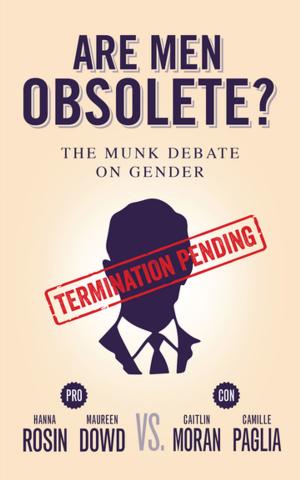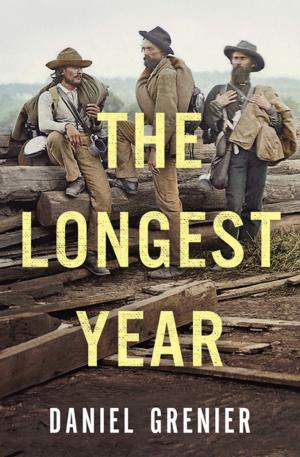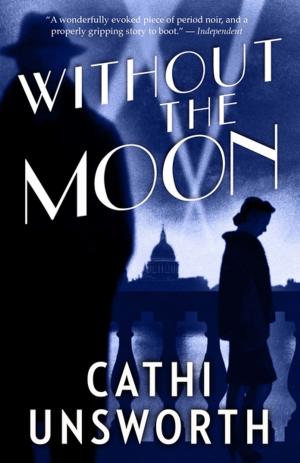The Return of History
Conflict, Migration, and Geopolitics in the Twenty-First Century
Nonfiction, Social & Cultural Studies, Political Science, International, International Relations| Author: | Jennifer Welsh | ISBN: | 9781487001315 |
| Publisher: | House of Anansi Press Inc | Publication: | September 17, 2016 |
| Imprint: | House of Anansi Press | Language: | English |
| Author: | Jennifer Welsh |
| ISBN: | 9781487001315 |
| Publisher: | House of Anansi Press Inc |
| Publication: | September 17, 2016 |
| Imprint: | House of Anansi Press |
| Language: | English |
#1 National Bestseller
Part of the CBC Massey Lectures Series
In 1989, as the Berlin Wall crumbled and the Cold War dissipated, the American political commentator Francis Fukuyama wrote a famous essay, entitled “The End of History.” Fukuyama argued that the demise of confrontation between Communism and capitalism, and the expansion of Western liberal democracy, signalled the endpoint of humanity’s sociocultural and political evolution, the waning of traditional power politics, and the path toward a more peaceful world. At the heart of his thesis was the audaciously optimistic idea of “progress” in history.
But a quarter of a century after Fukuyama’s bold prediction about transcending the struggles of the past, history has returned. The twenty-first century has not seen unfettered progress toward peace and a single form of government, but the reappearance of trends and practices many believed had been erased: arbitrary executions, attempts to annihilate ethnic and religious minorities, the starvation of besieged populations, invasion and annexation of territory, and the mass movement of refugees and displaced persons. It has also witnessed cracks and cleavages within Western liberal democracies, particularly as a result of deepening economic inequality — at levels not seen since the end of the nineteenth century.
The Return of History both illustrates and explains this return of history. But it also demonstrates how the reappearance of acts deemed “barbaric” or “medieval” has a modern twist. Above all, it argues that the return of history should encourage us all to remember that our own liberal democratic society was not inevitable and that we must all, as individual citizens, take a more active role in its preservation and growth.
#1 National Bestseller
Part of the CBC Massey Lectures Series
In 1989, as the Berlin Wall crumbled and the Cold War dissipated, the American political commentator Francis Fukuyama wrote a famous essay, entitled “The End of History.” Fukuyama argued that the demise of confrontation between Communism and capitalism, and the expansion of Western liberal democracy, signalled the endpoint of humanity’s sociocultural and political evolution, the waning of traditional power politics, and the path toward a more peaceful world. At the heart of his thesis was the audaciously optimistic idea of “progress” in history.
But a quarter of a century after Fukuyama’s bold prediction about transcending the struggles of the past, history has returned. The twenty-first century has not seen unfettered progress toward peace and a single form of government, but the reappearance of trends and practices many believed had been erased: arbitrary executions, attempts to annihilate ethnic and religious minorities, the starvation of besieged populations, invasion and annexation of territory, and the mass movement of refugees and displaced persons. It has also witnessed cracks and cleavages within Western liberal democracies, particularly as a result of deepening economic inequality — at levels not seen since the end of the nineteenth century.
The Return of History both illustrates and explains this return of history. But it also demonstrates how the reappearance of acts deemed “barbaric” or “medieval” has a modern twist. Above all, it argues that the return of history should encourage us all to remember that our own liberal democratic society was not inevitable and that we must all, as individual citizens, take a more active role in its preservation and growth.















